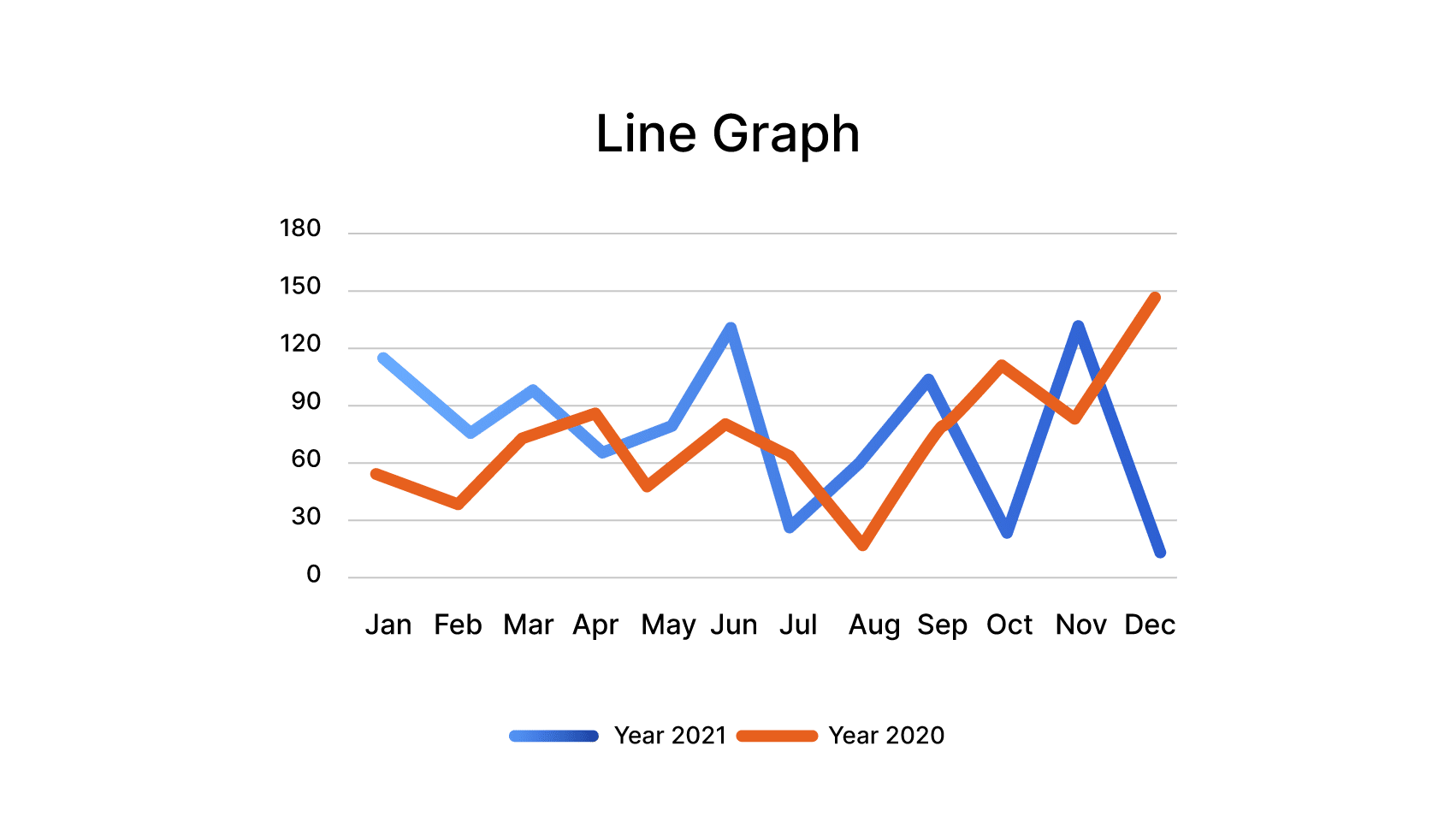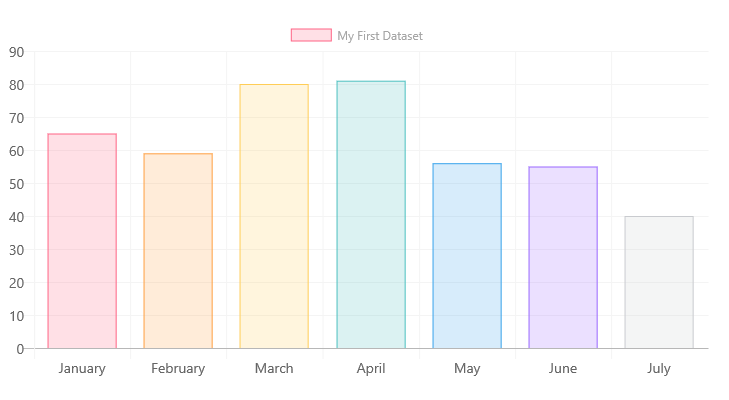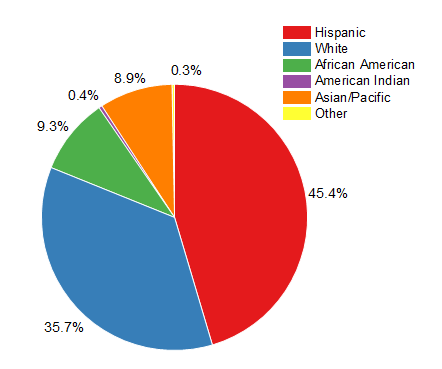IELTSWriting
Standards
- TA : Task Achievement 任务完成
- TR : Task Response 任务回应
- CC : Coherence & Cohesion 内容连贯与篇章衔接
- LR : Lexical Resource 词汇资源
- GRA : Grammatical Range and Accuracy 语法范围与精准性
Task1
First paragraph
-
改写题目 (换词 + 换句型) 能换就换
-
table -> chart/diagram
-
delete
below -
information -> data/statistics/numbers/figures
-
show -> illustrate/describe/depict/give information about/give/outline/reveal/indicate/present/provide an overview of/compare(永远为一般现在时)
-
proportion -> num + percent(百分之多少) / percentage(百分比)/share
-
different -> various/diverse/distinct
-
category -> type/sort/classification/division/aspect
-
from to -> between ..and ../during/over/throughout the period from ..to ..
-
Ending
重申主题, 结尾不写数据,数据都放在body
line graph

-
总体趋势(只看首尾)
数据的上升与下降均为 主动
-
波动性下降/上升
-
sth have/show a downward/upward trend
-
sth decrease/increase with (minor) fluctuations
-
-
上升
- increase/rise/go up(only .v)/grow(th)/jump/climb/proliferate
- soar/rocket/surge = increase significantly
-
下降
- decrease/decline/go down/fall/drop
- plummet/plunge = decrease significantly
-
修饰上升下降(adv)
- 轻微地
- slightly/minimally/moderately/modestly/gradually/marginally
- 剧烈地
- sharply/substantially(实质性地)/steeply/dramatically/considerably/incredibly/remarkably/enormously
- 轻微地
-
-
极值(需要写具体数字)
- 峰顶
- reach the peak/summit/top at
- peak at
- 谷底
- reach the bottom at
- bottom out at
- 峰顶
-
不变
- keep/remain + unchanged/stable/steady/constant
-
交点
- 相同
- 超过
- outnumber/exceed/overtake/surpass
-
分段式描述
- 句型
- X rose sharply from 200 to 500 between 1970 and 1975
- There was a sharp increase in X from 200 to 500 between 1970 and 1975
- The period from 1970 to 1975 saw/witnessed a sharp increase
- 句型
bar chart

pie chart

- 先审题,再看图
- … is divided into … parts
- 几张饼,几种馅
- portion/segment/percentage/proportion
- adj
- big : vast/massive/hefty/overwhelming
- small : tiny/modest/mere
- 哪个多,哪个少
- 占据
- make up/constitute/account for/take up/occupy
- 占最大/小的份额
- consume the largest/smallest portion
- 分别地,各自地
- separately/respectively
- 分数
- one third/one in three/one out of every three 1/3
- three quarters 3/4
- 剩余
- the rest/the remainder/the remaining
- 占据
句型
- 占据
- The … chart is composed of/is made up of X% of B, Y% of C …
- A account for/constitute/make up X% of total…
- The percentage/proportion of A is X%
- 括号表达
- most of people(42%) worked in the industrial sector
- There be
- There were 42% of the people (largest portion) working in the industrial sector
- 定从
- The people working in the industrial sector occupied 42% of the total labor force, which was the most significant part of all
- The people who worked in the industrial sector made up 42% of the total labor force . which was the most significant of all
- 被动
- worked in -> were employed
- 分词表被动 : The people employed covered 42%
- 动名词作主语
- Comparatively, working in the industrial sector would be most people’s choice among all the sectors
- 宾主互换
- Relatively, the industrial sector attracted the largest amount of workforce in 1932
- 时间做主语
- 1932 witnessed the fact that working in the industrial sector became most people’s choic(42%)
- 独立主格
- The next two hours witnessed a sharp rise in the number , with the number peaking at 280 in the noon
table

flow chart
Attention :
- 时态: 一般现在时
- 全面性:所有信息
- 多用被动语态
- 开头 : The whole process can be divided into x main stages/phases
- 照搬名词
- 精准而又多样的动词
步骤
- 找到流程图的过程,起点,终点
- 找到图上标出的已知信息
- 按照步骤,分段描述,不能省略任何一步
- 加入流畅合理的连接词
- to begin with / at first / initially / in the first stage
- The first stage invovles doing …
- then / next / later / after this / subsequently
- secondly / in the following stage/step
- The next / following stage includes doing …
- Finally / eventually / at the last stage
- The last stage contains doing …
- 具体描述某个步骤
- at this point / stage / phase
- at the same time / moment
- meanwhile / while
句型
- 首段句型
- The diagram / flowchart / map shows / illustrates / indicates / denotes …
- From the information supplied/given in the diagram / flowchart / map , it is clear / evident / apparent that …
- Given is a diagram / flowchart / map illustrating the process of …
map
分类
-
地理变迁图
通常有时间跨度,注意时态
以变化大的为优先
-
选址图
优点&缺点
时态
- 一般将来时
- Be likely to = be predicted to = be estimated to = be forecast to = be expected to
- It is likely that … = it is expected / estimated that …
空间顺序的表达
-
A 位于 B 的中心
A is located/sited in the center/middle area of B
-
A 位于 B 的东/西/南/北
A is/lies/is located/is sited to/in the east/west/south/north part of B
in 在里 to 在外
-
A 位于 B 西南部的10公里处
A is/lies/is located/is sited 10km to the east/west/south/north part of B
-
A在河流或道路的南边/北边
- On the south/southern side of the river
- On both sides of the road
- On the other side of the river
- Just off the main road
图形变化
- 原有建筑
- The preceding/original/previous/former building
- 原有建筑扩建/缩减
- The size of the library has been enlarged/extended/broadened/expanded/halved/reduced/diminished(by half)
- 原有建筑数量上增多或减少
- The number of homes has increased/risen/grown/decreased/dropped/fallen/doubled/tripled/quadrupled to 500
- 原有建筑消失
- The farms completely disappeared/were completely removed
- 原有建筑被改为
- A becomes B
- A is transformed/reconstructed/redeveloped/converted/changed/turned over to/into B
- A is replaced/substituted by B = A gives way to B
- 图形新添事物
- A newly-built road
- A new car park was built/established/set up/constructed/completed
- A new theater has been added to the library
Task2
论证方法
- 举例
- 因果
- 对比
- 假设
同意与否(不中立)
- 60%倾向性,倾向于同意/不同意
- 开头段
- 让步段,承认反方合理性
- 立论段,论证本方合理性
- 结论段
- 80%倾向性,很倾向于同意/不同意
- 开头段
- 驳论段,承认反方合理性&反驳
- 立论段,论证本方合理性
- 结论段
开头段
- 背景(可选,需扣题)
- 题目改写
- 表明观点
倾向
- 普通倾向
- Although … , I agree …./ I tend to believe …
- 较强倾向
- Personally, I would argue …
- My personal conviction is that …
- I am convinced that ….
- 非常坚持的倾向(不推荐)
- I strongly believe ….
结构
-
Some people think
-
It is believed that
-
It is argued that
-
It is said that
-
It is suggested that
-
让步段
需适当给出理由
- 默认反方合理
- People who are against … belivev that …
- People in favour of the idea believe that …
- 承认反方合理
- It is true that ….
立论段
- 提出中心论点
- 拓展中心论点
- 支撑主要论点
抽象名词具体化
举例信号表达
- for instance
- by way of example
- a typical example is that
- another example would be
总结段
Based on all the arguments mentioned above, it is safe to conclude that…
双边讨论
部分题目可以中立,部分不可以,但是都可以站边,节省审题时间
- 60%倾向
- 开头段
- 讨论不倾向观点
- 讨论倾向观点
- 总结本方观点
- 80%倾向
- 开头段
- 讨论不倾向观点+反驳
- 讨论倾向观点
- 总结本方观点
开头段
题目改写拓展
- In some people’s opinion, A , whereas other people say B
- While some argue that A, other people say B
- Whilst some argue that A, other people say B
- Many people argue that A ,but some think otherwise ,saying B
观点拓展
- 60%
- While accepting that …., I believe ….
- Though accepting that …, I believe …
- 80%
- Personally, I lean torwards the former/latter
- What I believe is that ….
驳论段
表达不倾向的观点 + 拓展合理性
转折
表达驳论点 + 表达合理性&支撑拓展(从适用范围反驳)
因果推导
- 论点 -> 原因1 + 原因2 -> 扣题
- 论点 - > 结果1 -> 结果2 -> 扣题
引出原因
- This is because
- As
- Due to + 词
- for the simple reason that
- since
- in that
引出结果
- This means
- Consequently
- Thus
- As a result
- Therefore
- hence
结论段
In summary, I do not agree that 不倾向观点(尽量改写). It is my opinion that 倾向的观点(尽量改写)
利弊类
Health ; Efficiency ; Relationship ; Money ; Enviroment ; Socity ; Safety ; Spirit
-
60%倾向于利多/弊多
-
开头段
-
让步段
弊/利
-
立论段
-
结论段
-
-
80%倾向于利多/弊多
-
开头段
-
驳论段
弊/利 + 反驳
-
立论段
-
结论段
-
开头段
- 改写题目的现象
- 回应任务(给出立场)
- Although + 从句 , 主句
- While + 从句 , 主句
- Despite + 名词性结构, 主句
立论段
- 表达论点
- 利弊表达
- 弊端 : Another worry/downside/concern/problem is that …
- 利处 :Another merit/plus point is that …
- 支撑主要论点
- 对比论证(审题判断是否适用 + 根据内容选择对比逻辑)
- A 加 B 减
- A 是 B 否
- A + B ++
- 对比论证(审题判断是否适用 + 根据内容选择对比逻辑)
结论段
- 重申大小关系
- 常用利弊总结句型
- 利 > 弊
- To conclude/In conclusion, … brought some benefits , but overall, I believe that the drawbacks play a bigger role than these
- 弊 > 利
- To conclude/In conclusion, in spite of some problems , I believe the benefits of … override thses drawbacks
- 利 > 弊
报告类
类型
- reason + solution
- reason + effect
- effect + solution
步骤
- 确定立场需要与否
- 辩证分析,头脑风暴
开头段
最后一句预告下文
- 并列结构
- This essay will look at … and then …
- There are multiple reasons for this …, and I feel there are more … than … to this situation
- 状语前后
- After looking at … , this essay will …
- This essay will look at …., before ….
条件论证
- Without + n , (would) …
- If no/not + 句子, … will/would …
- If + 句子, … will/would….
总结段
In summary, 现象 is a 总结定义问题 problem , but there are solutions that can largely come from 解决主体(解决问题1 + 解决问题2)